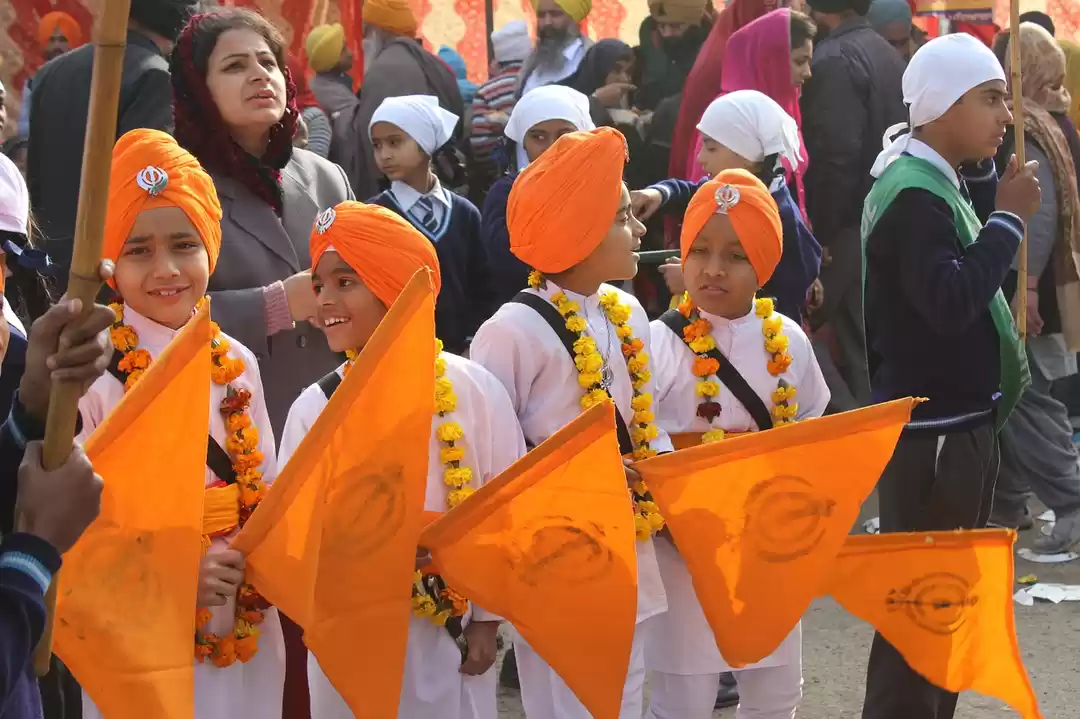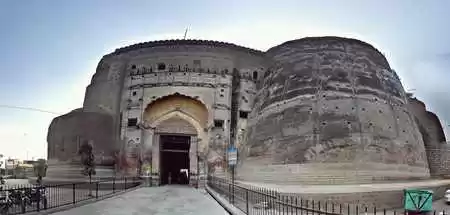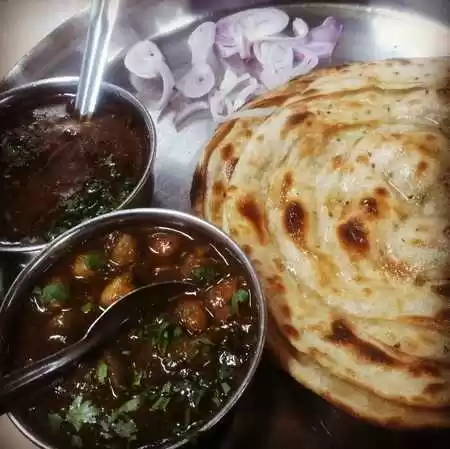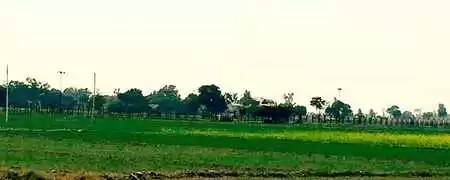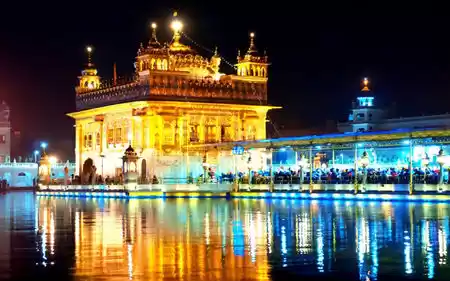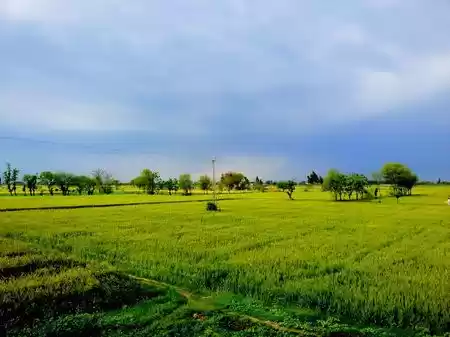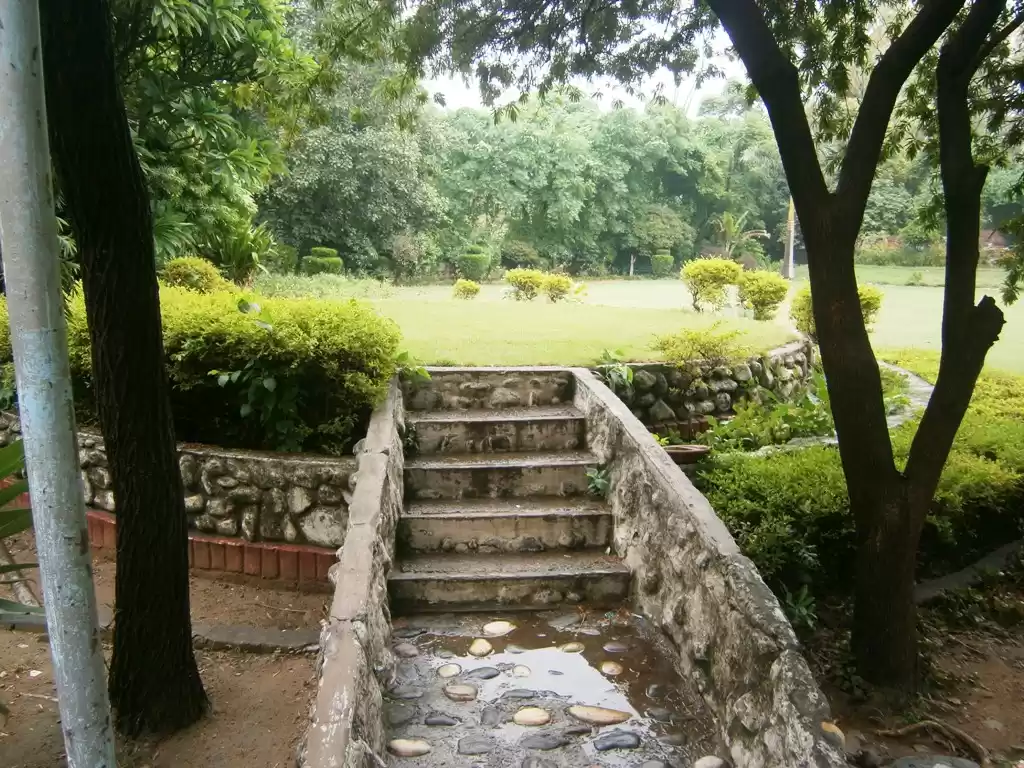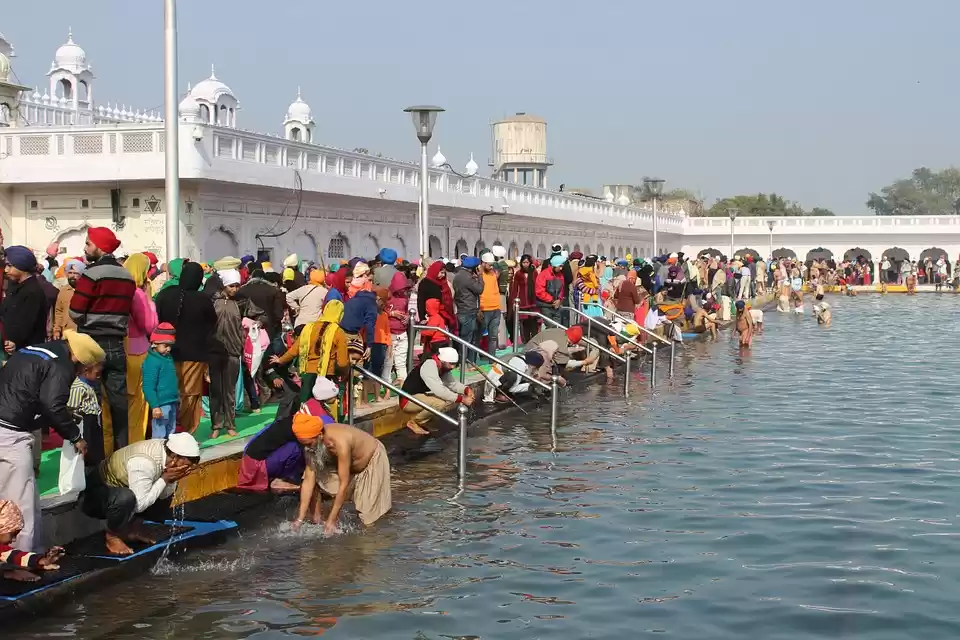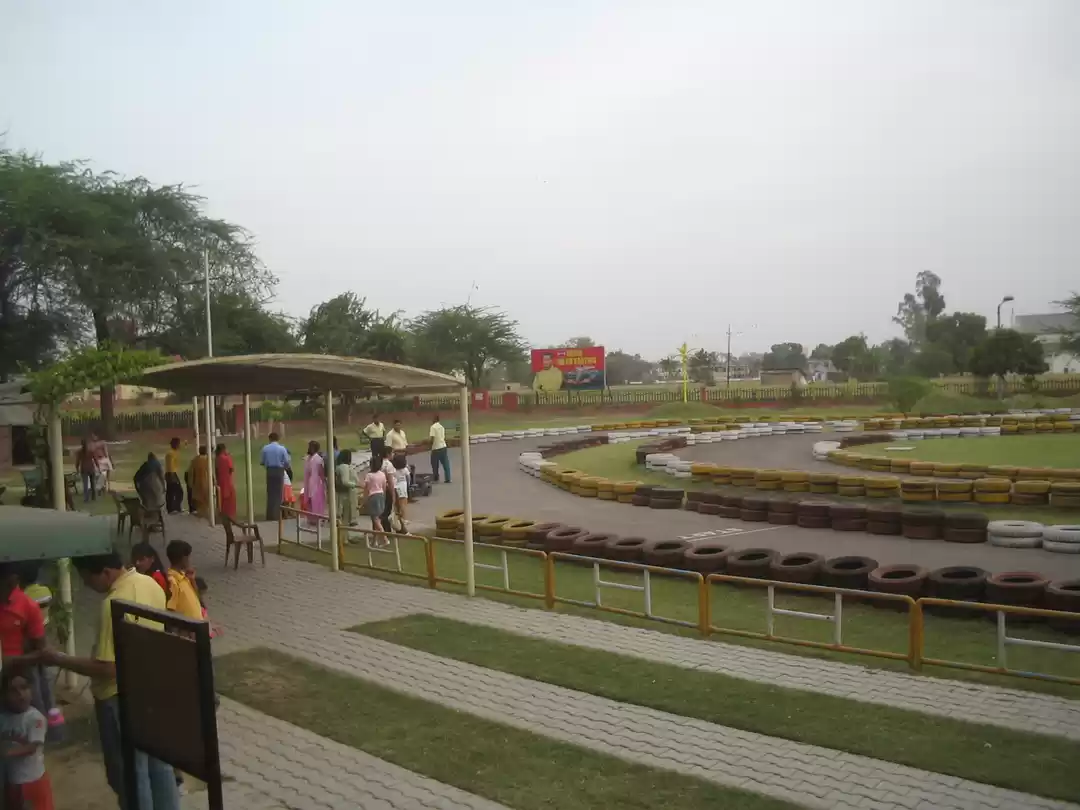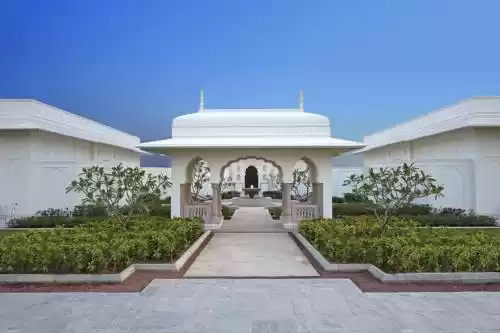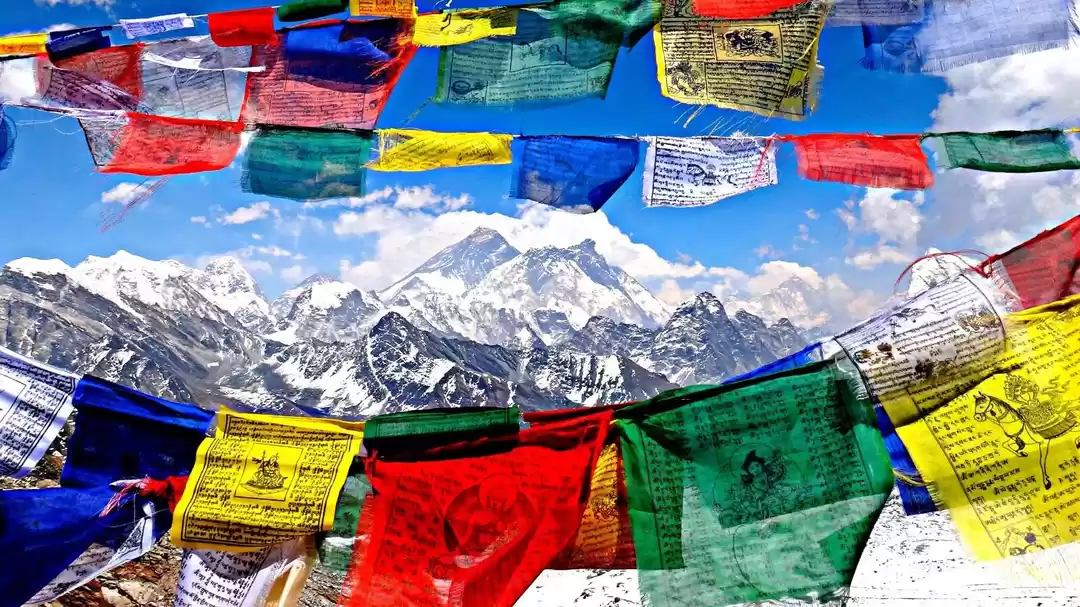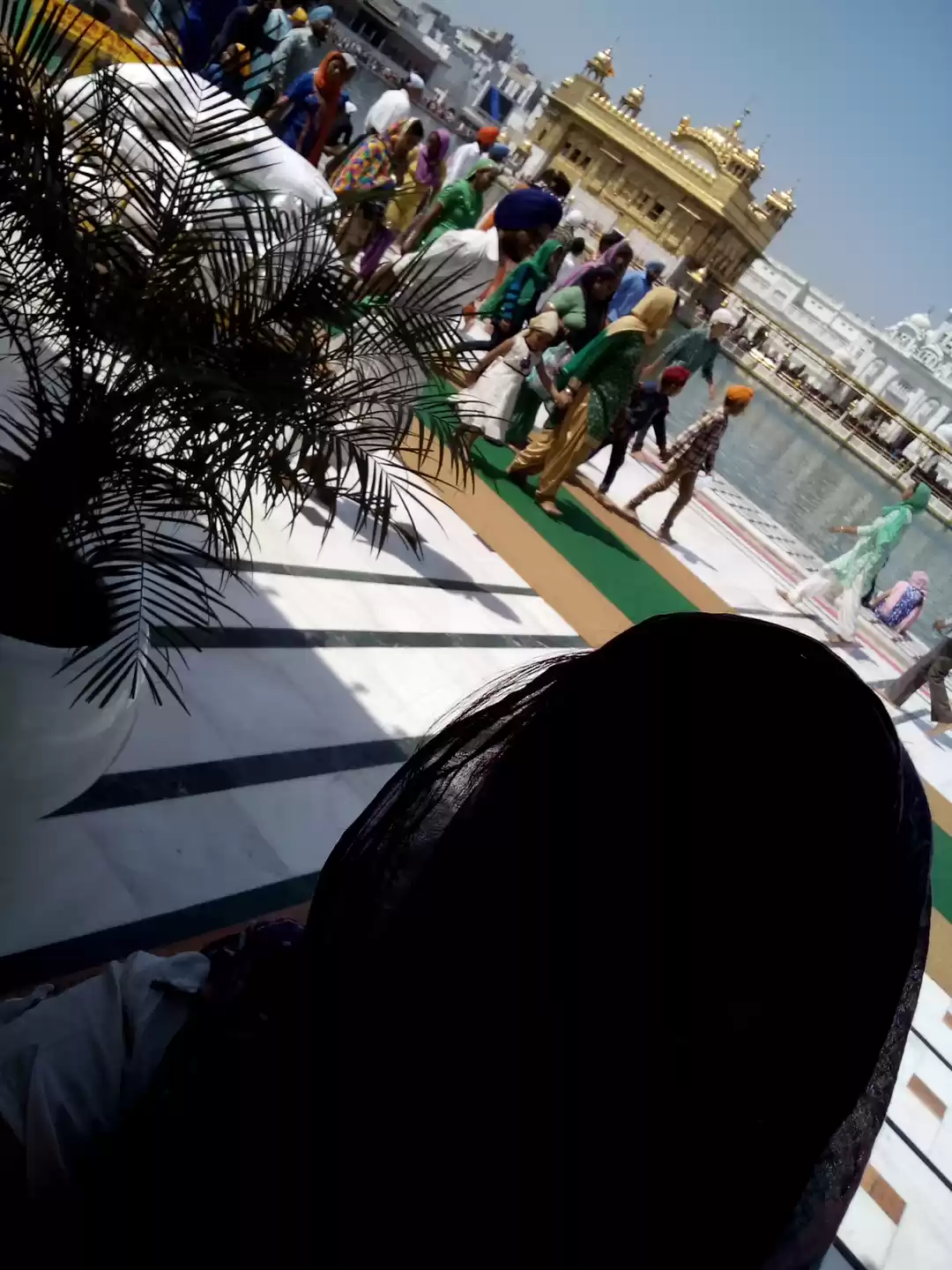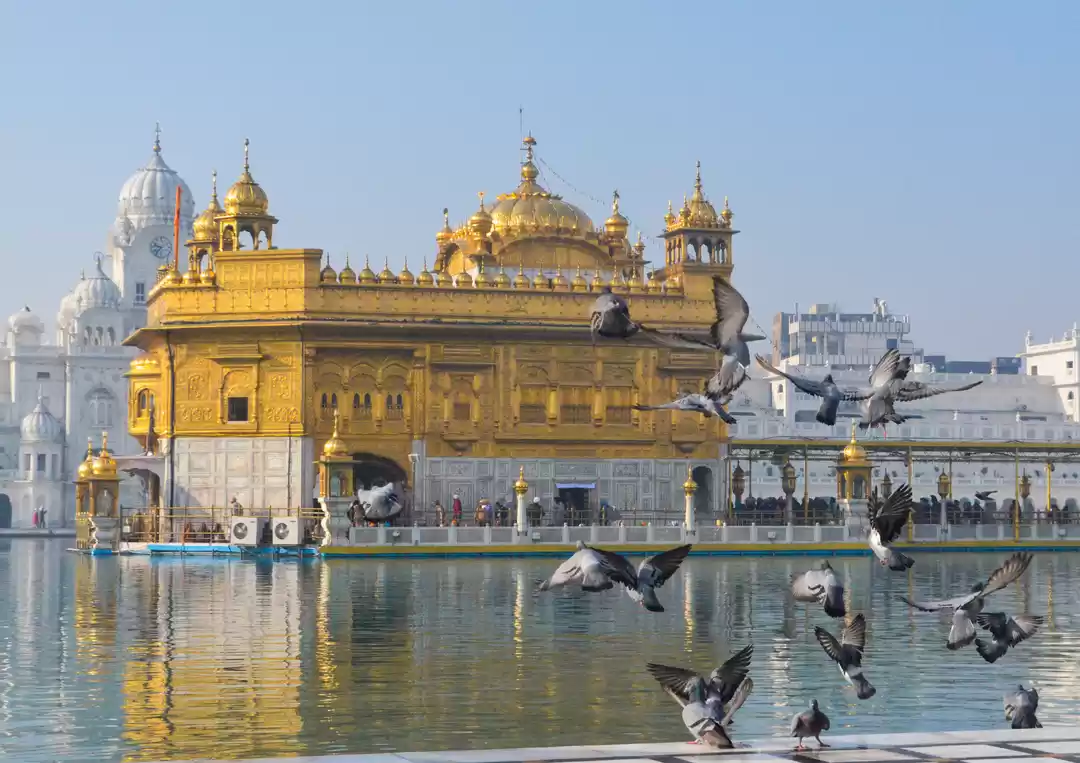Punjab Tourism and Travel Guide
The Punjab (/ˈpʌndʒɑːb/ or /ˈpʌndʒæb/), also spelled Panjab, panj-āb, 'five rivers' (Punjabi: پنجاب (Shahmukhi), ਪੰਜਾਬ (Gurumukhi), Hindi: पंजाब (Devanagari)), is a geographical region in the northernmost part of the Indian subcontinent or South Asia, comprising areas of eastern Pakistan and northern India. The name of the region is a compound of two Persian words and was introduced to the region by the Turko-Persian conquerors of India and more formally popularised during the Mughal Empire. Punjab literally means '(The Land of) Five Waters' referring to the following rivers: the Jhelum, Chenab, Ravi, Sutlej, and Beas. All are tributaries of the Indus River, the Chenab being the largest. It has been inhabited by Indus Valley Civilisation, Indo-Aryan peoples and has seen numerous invasions by the Achaemenid Empire, Greeks, Kushan Empire, Ghaznavids, Timurids, Mughals, Afghans, British and others. The people of the Punjab today are called Punjabis and their principal language is called Punjabi. The main religions of the Punjab region are Islam, Hinduism, and Sikhism. Other religious groups are Christianity, Jainism and Buddhism. In 1947, with the dissolution of British India, the region was partitioned between India and Pakistan. In Pakistan, it includes the Punjab province, Islamabad, parts of Azad Kashmir (namely Bhimber and Mirpur) and parts of Khyber Pakhtunkhwa (namely Peshawar known in the Punjab region as Pishore). In India, it includes Punjab state and Chandigarh union territory, Haryana, Himachal Pradesh, Jammu Division, Delhi and parts of Rajasthan in particular the Sri Ganganagar and Hanumangarh districts.

